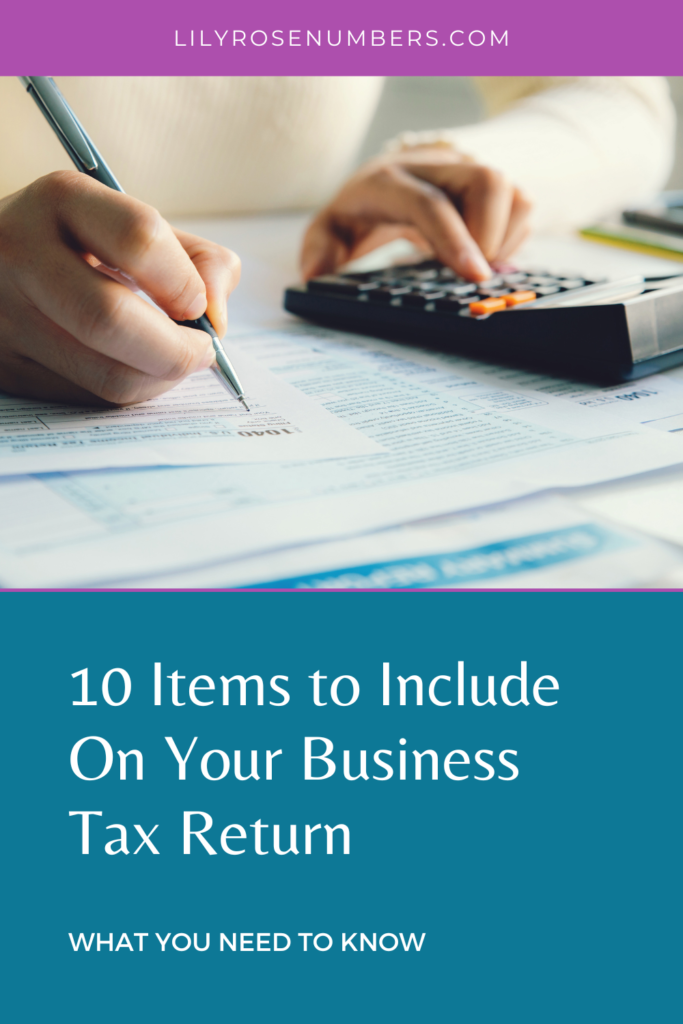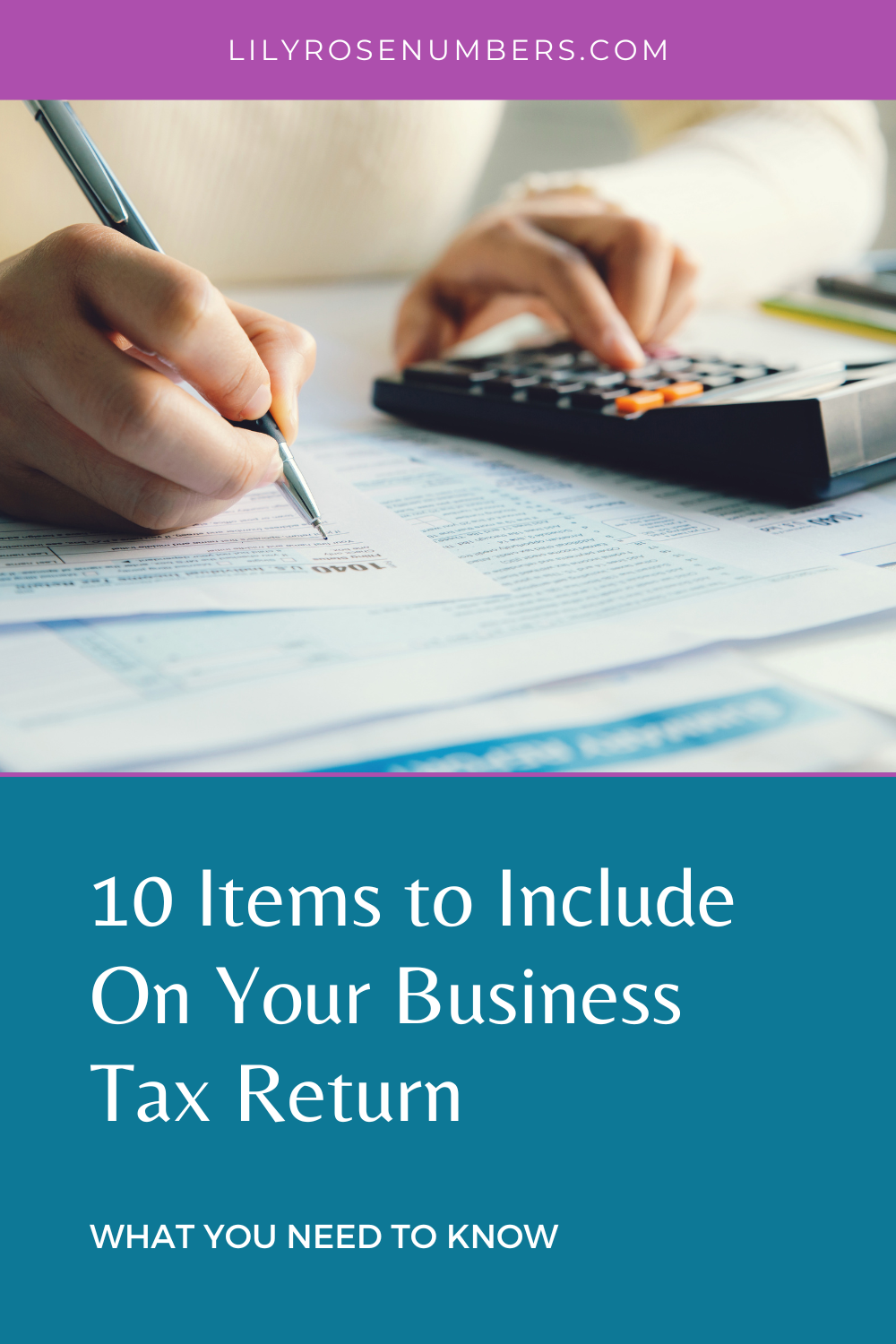
Tax season is right around the corner. What do you need to make sure you are not overpaying in taxes?
First, if you have not already done so set up a business checking account for your business and only pay for the “business” expenses from that account. It is a lot less stressful going through a designated business account than to have to scour your personal account for business transactions. It also helps by making your business look professional and provides a certain level of security in the event of an audit or lawsuit. Think about it, if you get audited, do you want to hand over your personal statements to an IRS auditor? Also, please understand that the IRS rules are that the expenses are ordinary and necessary to running your business.
Top Ten Tax Deductions
Here are some tax deductions that you as a business owner can deduct from your revenue on your business tax return that are often forgotten when it comes to the business tax return.
- Startup and organization costs. Even if you paid for these costs from your personal account, keep your receipts and include them either to be reimbursed to you by the business when the business starts making money or as an owner contribution.
- Dues and subscriptions. A lot of us pay subscription fees associated with our business and this is an item that often gets forgotten.
- Bank fees. Don’t forget to include bank charges or interest that you were paid for having a business account.
- Office equipment. Including laptops or computers, phones, etc.
- Software. That is considered essential to run your business.
- Advertising and marketing. Eligible advertising and marketing expenses related to your business. Advertising and marketing, including website setup is all deductible.
- Professional fees. Including legal, accounting, outside professional help. Make sure to request a W-9 from the company you are paying for these services. Depending on how they complete the W-9, a 1099 might need to be issued to them if you pay $600 or more in services in a calendar year.
- Mileage. You should have a mileage tracking app (QuickBooks Online) or some way of tracking your business mileage. At the very least, keep a mileage log or spreadsheet of where you are going, the mileage, and the business purpose for your business trip. The mileage rate for 2023 is 62.5 cents per mile. This can add up if you have to do a lot of traveling to customers, running business errands, marketing meetups, etc.
- Business related meals. These meals are 100% deductible at a restaurant in 2022 (this goes back to 50% deductible in 2023). Not all meals qualify as a business deductible meal. To qualify, the meal should be with a client, potential prospect for your business or someone who can give you referrals and you must talk about business before, during or after the meal. Be sure to keep your receipt of who you met with and what was discussed.
- Office in Home expenses. The IRS rules are that you have a designated office that is used regularly and exclusively for business you may be able to deduct expenses such as rent, mortgage, interest, insurance, utilities, repairs, and depreciation for that designated office area. Speak to your tax pro regarding including the office in home expenses.
Check out more deductions here.
Now, that you are more informed about those tax deductions, make sure you don’t wait till the last minute to get all your books together and deductions. Taxes are complicated and many people pay an accountant so they don’t have to think about them. We highly suggest you make sure that you talk to a tax professional about your specific needs so you can meet the IRS standards for deductions. And if you need to get your books in order, book a consultation now.
Please Note: This information is provided as informational only and not tax advice.
